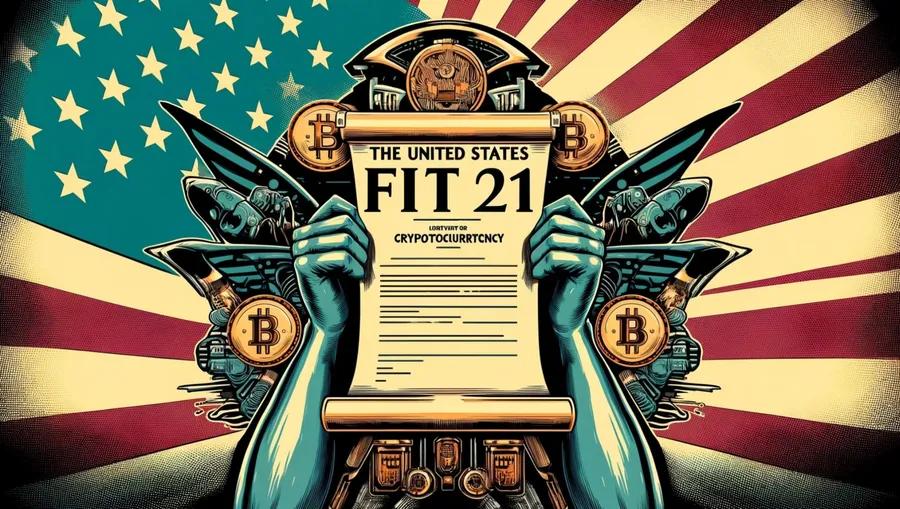The U.S. Crypto Regulatory Pivot: How the FIT21 Bill & ETF Greenlights Are Reshaping Global Policy
After years of uncertainty, the United States is signaling a significant shift in its approach to crypto regulation. The recent approval of spot ETFs tied to major cryptocurrencies like Bitcoin and Ethereum by the SEC marks a pivotal moment in regulatory clarity and acceptance of digital assets.
Understanding the Impact of ETF Approvals
The approval of spot ETFs linked to cryptocurrencies in 2024 and 2025 by the SEC is a notable departure from past regulatory reluctance. This move is more than just a procedural change; it signifies a broader shift in perspective towards embracing digital assets within traditional financial frameworks.
While the approval of ETFs may seem like a minor development, it carries significant implications for the industry. Companies are increasingly venturing into crypto custody services, establishing crypto trading desks, and exploring tokenized assets, indicating a growing institutional interest in the sector.
The Significance of the FIT21 Bill
In parallel with ETF greenlights, the introduction of the FIT21 bill underscores the evolving regulatory landscape in the U.S. The bill’s provisions aim to provide a more structured framework for crypto businesses, offering greater clarity and regulatory certainty.
By aligning regulatory efforts with the approval of ETFs, the U.S. is sending a strong message to global markets. The shift towards accommodating institutional players through ETFs reflects a maturing industry that is transitioning towards a more regulated and stable environment.
Expert Commentary from Sam Boolman, ChainIntel’s Lead Analyst
According to Sam Boolman, ChainIntel’s lead analyst, “The recent developments in U.S. crypto regulation, including the approval of spot ETFs and the introduction of the FIT21 bill, signify a turning point in how digital assets are perceived and regulated. These milestones not only enhance investor confidence but also pave the way for institutional adoption, setting the stage for a more mature and regulated crypto market.”
As the U.S. continues to reevaluate its stance on crypto regulation, global observers are closely monitoring these policy shifts, anticipating a ripple effect on international regulatory approaches towards digital assets.


